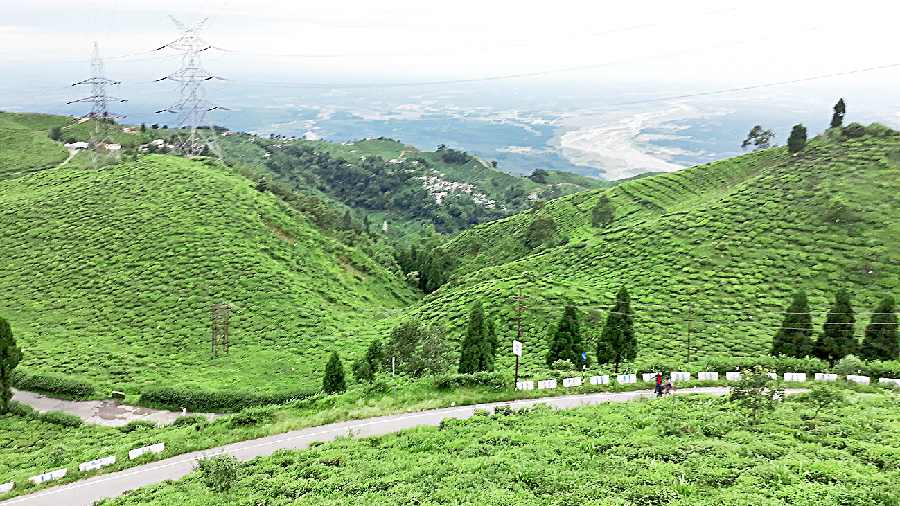The Bengal government has received 16 proposals entailing a combined investment of Rs 1,400 crore to develop tourism and allied businesses in the tea gardens of north Bengal.
Several tea estates in the Darjeeling hills, the Terai and the Dooars put forward their plans before a government screening committee for examination. Barring four, the rest of the proposals are directly linked to tourism. Put together, the 16 proposals are projected to create 4,571 jobs.
Industry sources have said hospitality chains such as Indian Hotels Company Ltd of the Tata Group, ITC and some mid-segment hoteliers are in the fray to unlock the tourism potential of tea plantations.
The slew of investment proposals has been made under the Tea Tourism and Allied Business Policy, 2019. The policy allows the management of tea gardens to use “unutilised and fallow land” up to 15 per cent of the estate area and not exceeding 150 acres.
Taj Hotels started a luxury property in the Makaibari tea garden in Kurseong and its success triggered the proposals for high-end accommodations in plantations.
The 16 proposals include one for a hotel from Luxmi Tea Company Pvt Ltd on Chandmani Tea Estate near Siliguri and another for a resort in the Upper Fagu garden in Kalimpong. “I believe there is a good prospect for a hotel. We are in dialogue with IHCL which will manage the property,” Rudra Chatterjee, managing director of Luxmi Tea Group, told The Telegraph. IHCL operates the Taj hospitality chain, among others.
Joydeep Majumder, a director of Upper Fagu Tea Estate in Darjeeling, said he planned to build a 60-key hotel on a 50-acre plot. “There are two large and a few medium-sized hospitality chains that showed keen interest in managing the property. A decision will be taken after receiving the government nod and considering the investment required,” he explained.
While two proposals have been approved by the Cabinet, 10 plans received the green light from the screening committee.
In four gardens, there are plans to set up black and white pepper and medicinal plantations, a nursing school, a hospital, a university and a food processing unit with cold storage.
Of 87 tea gardens in the hills, only two have placed proposals — for tourism.
Most of the gardens that have come up with the proposals are those that ring Siliguri.
The spate of proposals made some stakeholders worried about the future of the tea industry, even as a section recognised the government’s effort to support the ailing sector. “We have enough reasons to be sceptical of the proposals. We fear that many tea gardens are now more focussed on furthering other business rather than focussing on tea gardens and tea business,” said a planter.
A section of tea planters wants the government to “tread very carefully”. “The government has to tread carefully or else, it will be responsible for destroying the industry. We fear some developers are misusing this policy to lay their hands on tea garden land and to secure loans,” an industry insider said.
Many planters pointed out that barring a few tourist resorts, most were just doing“moderate business”.
“With so many tea tourism projects coming up, how can it sustain in the long run,” another planter said.
Arijit Raha, the secretary-general of the Indian Tea Association, however, held out a different view. “Tea industry has not been doing well for some time. The government's decision to allow owners to explore other revenue streams as enumerated in the policy is critical for sustaining financial viability,” he said.










